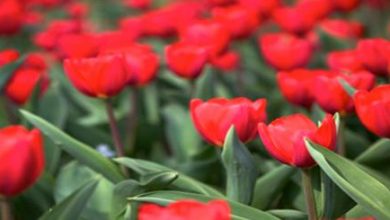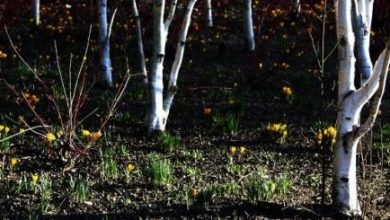ON BEING ILL (PART 2)

Make Tawbah (repentance). This includes repenting from, and ceasing your sins, whether verbally, by your action or with your heart. You can read up on the adab (manner) of tawbah, including how to make salat for tawbah.
Give Sadaqah or charity. There are various ahadeeth on the power of charity in our lives. Abu Umamah (RA) said that the Messenger of Allah (SAW) said: ‘Treat your sick by giving Sadaqah (charity).’ (Saheeh al-Jamia). From Ubadah bin Saamitt (RA) reported the Messenger of Allah (SAW) said: ‘There is no person who is afflicted with a wound on his body, and he gives charity due to that, then Allah expiates from him the like of what he gave in charity.’ (Ahmad and Albaani) Charity makes us closer to Allah, makes our supplications accepted and can give us a speedy cleansing of our sins and alleviate many calamities.
Ask Allah for help and after this, take practical measures to cure the ailment, whether by medical advise or through alternative medication such as herbs. It was reported that “Allah has sent down both the disease and the cure, and He has appointed a cure for every disease, so treat yourselves medically, but use nothing unlawful.” (Abu Dawud). The Qur’an and Sunnah contain a lot of information on the healing powers of certain food and plants, as well as traditional healing methods. However, there are various ahadeeth which expressly permit seeking the help of physicians. Remember though that treatment should always be with the belief that doctors, medication and herbs have no power without Allah’s will, and that the real healer is Allah SWT.
Purification
We have seen from the hadith posted in Part 1 of this article, that everyone will be tested according to his faith. For some, the tests will continue until their hearts have been totally purified from sins.
This does not mean that we should pray for diseases or deliberately expose ourselves to infections! Our bodies have rights over us, and it is our responsibility to maintain good health to the best of our abilities. Further, there are various ahadeeth warning us to avoid areas which are struck by plague or epidemic, and fleeing from those with leprosy.
If disease does strike however, no disease, fatigue, ailment, pain or ache should bother you, because you know that each of these, even a fever, purifies your sins.
Reported by Jabir (RA): The Messenger of Allah (peace be upon him) visited Umm Sa’ib (or Umm Musaiyyab) and asked her, “What ails you O Umm Sa’ib (or Umm Musaiyyab)? You are shivering.” She replied: “It is a fever, may Allah not bless it!” He said to her, “Do not revile fever, for it cleanses out the sins of the sons of Adam in the same way that a furnace removes the dirt of iron.” [Muslim].
All the above focus our minds towards akhirah. Illness becomes a problem when we seek dunia only, and we do not think of the long term. Whereas what we should be seeking is the certainty of faith to make the calamities of dunia easy to bear. This is the real ammunition to pass the trials of this dunia.
The Real Cure
As previously mentioned, Ayoub AS suffered extreme illness for eighteen years. Even though his physical state was repulsive and he was in extreme agony, he was reluctant to ask Allah for a cure. It is not because he disbelieved in Allah’s power, but because he was too embarrassed to make a supplication after all the bounties that Allah had bestowed upon him in his earlier life. Therefore he bore his pain with stoic patience and contentment.
He only asked Allah to heal him when despicable rumours started circulating that he was being punished by Allah for various hidden sins. Such rumours compromised the integrity of his messengership, compelling him to eventually ask Allah to cure him before the fitnah spread. His supplication was accepted immediately and he was healed.
If we seek a cure from Allah, we have to believe with total certainty that Allah is capable of curing us whenever He wants. We may seek assistance from doctors and medical expertise, but the real cure only happens with the will of Allah, and can take place without any medical intervention.
Next part: Protocol when visiting the ill.




